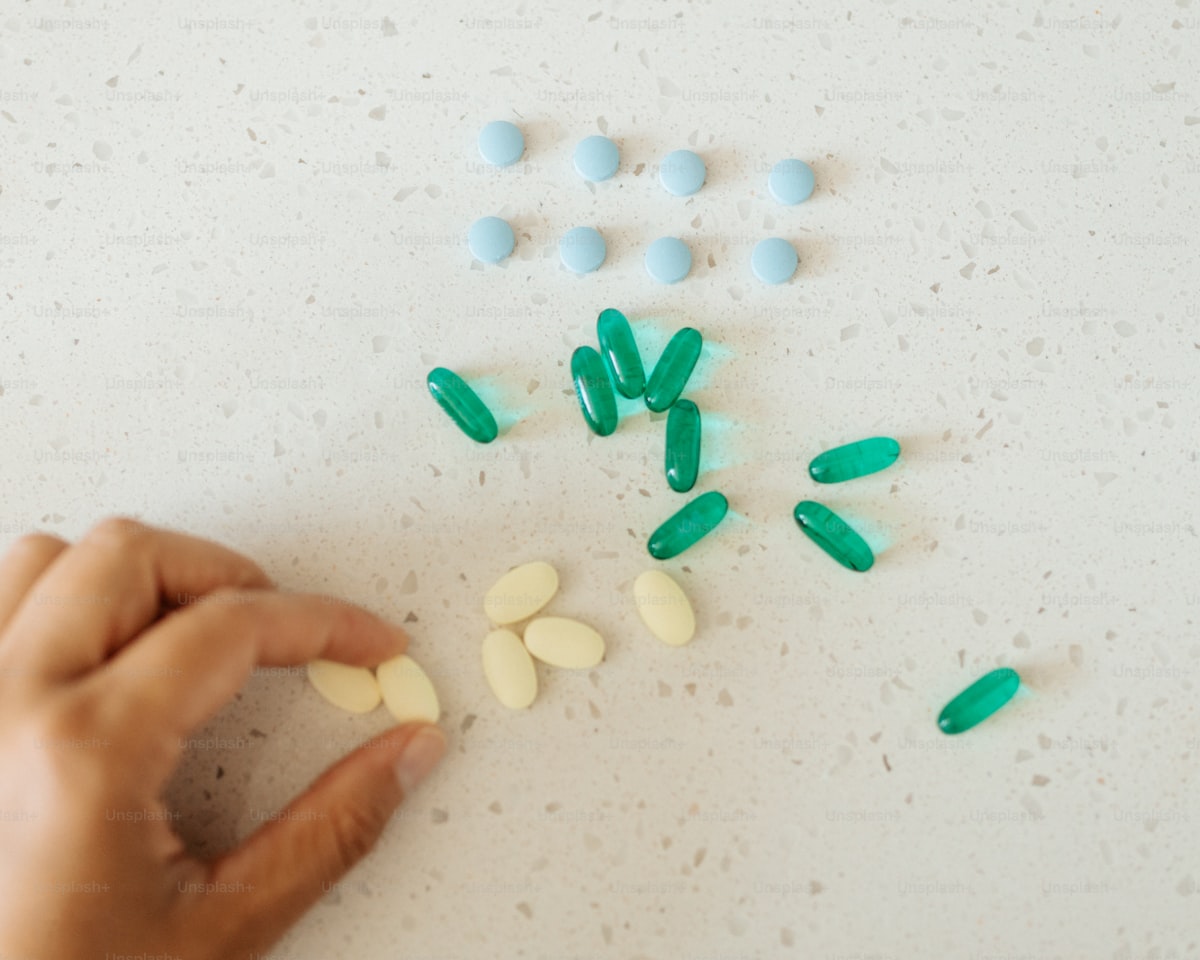
Maximize Muscle Growth with These Essential Vitamins
When it comes to building muscle, most people focus on their workout routine and diet, but one key factor that is often overlooked is the role of vitamins in muscle growth. Vitamins play a crucial role in the body’s ability to repair and build muscle tissue, so ensuring you are getting enough of the essential vitamins is essential for maximizing muscle growth.
In this article, we will take a closer look at some of the essential vitamins that play a key role in muscle growth and how you can ensure you are getting enough of them in your diet.
Vitamin D
Vitamin D is often referred to as the “sunshine vitamin” because it is produced by the skin in response to sunlight. However, many people do not get enough sun exposure to produce adequate amounts of vitamin D, especially those who live in regions with limited sunlight or those who spend most of their time indoors. Vitamin D is essential for muscle growth as it helps to regulate calcium levels in the body, which are crucial for muscle contractions and protein synthesis.
To ensure you are getting enough vitamin D, it is important to include sources of this vitamin in your diet. Some good sources of vitamin D include fatty fish like salmon and tuna, fortified dairy products, and egg yolks. You can also consider taking a vitamin D supplement if you are not able to get enough through these sources alone.
Vitamin C
Vitamin C is a powerful antioxidant that plays a crucial role in muscle repair and growth. This vitamin helps to protect muscle tissue from damage caused by free radicals, which are byproducts of exercise and other metabolic processes in the body. Vitamin C also helps to support the immune system, which is important for overall health and recovery from intense workouts.
Good sources of vitamin C include citrus fruits like oranges, strawberries, and kiwi, as well as vegetables like bell peppers, broccoli, and spinach. Including these foods in your diet can help ensure you are getting enough vitamin C to support muscle growth and repair.
Vitamin E
Vitamin E is another powerful antioxidant that plays a key role in muscle growth and repair. This vitamin helps to protect muscle cells from oxidative damage and inflammation, which can occur as a result of intense exercise. Vitamin E also plays a role in regulating gene expression related to muscle growth, making it an essential nutrient for anyone looking to maximize their muscle gains.
Sources of vitamin E include nuts and seeds like almonds and sunflower seeds, as well as vegetable oils like sunflower oil and safflower oil. Including these foods in your diet can help ensure you are getting enough vitamin E to support muscle growth and recovery.
Vitamin B Complex
The B vitamins play a crucial role in energy metabolism and muscle growth. B vitamins like B6, B12, and folic acid help to convert carbohydrates, proteins, and fats into energy that can be used by the muscles during exercise. These vitamins also play a role in the production of amino acids, which are the building blocks of muscle tissue.
Good sources of B vitamins include lean meats, fish, poultry, eggs, dairy products, and whole grains. Including these foods in your diet can help ensure you are getting enough B vitamins to support muscle growth and energy production.
Vitamin A
Vitamin A is important for muscle growth as it helps to regulate gene expression related to muscle protein synthesis. This vitamin also plays a role in maintaining healthy skin and mucous membranes, which are important for the overall health of the body.
Good sources of vitamin A include beef liver, fish liver oils, sweet potatoes, carrots, and spinach. Including these foods in your diet can help ensure you are getting enough vitamin A to support muscle growth and overall health.
Vitamin K
Vitamin K plays a crucial role in bone health and muscle growth. This vitamin helps to regulate calcium levels in the body, which are essential for muscle contractions and protein synthesis. Vitamin K also plays a role in promoting blood clotting, which can help to reduce the risk of muscle bruising and injury.
Good sources of vitamin K include leafy green vegetables like kale, spinach, and collard greens, as well as broccoli, brussels sprouts, and cabbage. Including these foods in your diet can help ensure you are getting enough vitamin K to support muscle growth and bone health.
In conclusion, vitamins play a crucial role in muscle growth and repair. Ensuring you are getting enough of the essential vitamins like vitamin D, vitamin C, vitamin E, the B vitamins, vitamin A, and vitamin K in your diet can help support muscle growth and recovery from intense workouts. Including a variety of nutrient-dense foods in your diet can help ensure you are getting all the vitamins your body needs to optimize muscle growth.

















